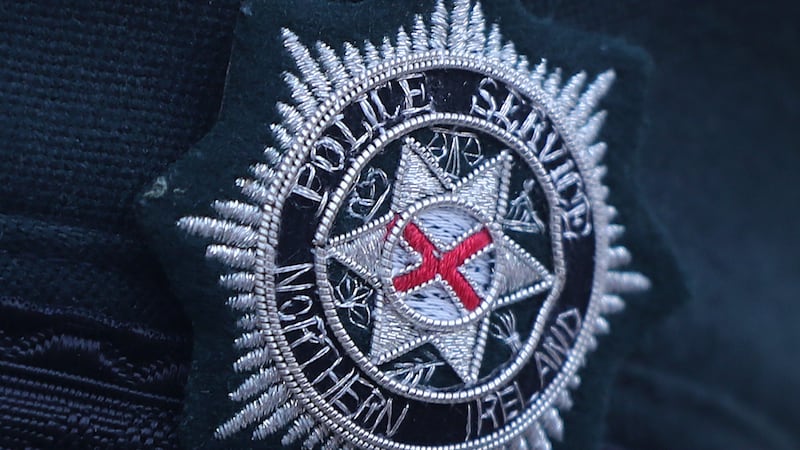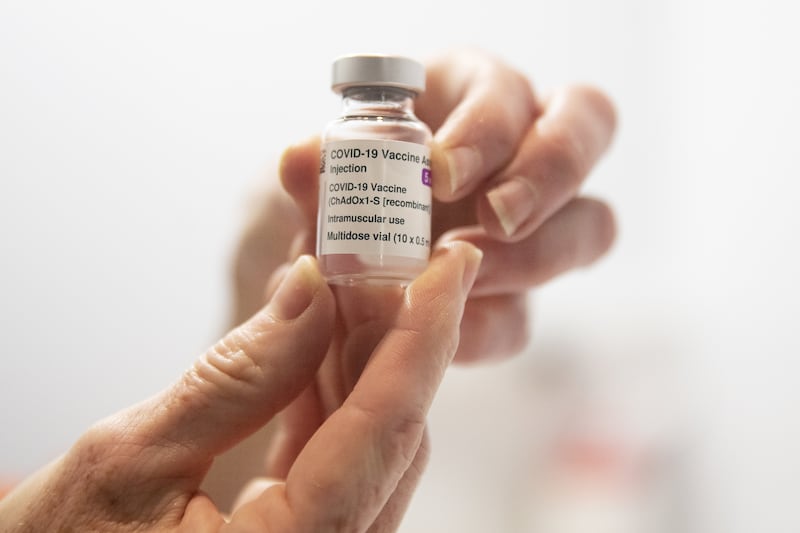CIVIL liberties of the unvaccinated were allegedly violated by Northern Ireland's Covid certification scheme, the Court of Appeal has heard.
Counsel for two men without coronavirus jabs urged senior judges to further examine claims that the passports brought in as part of emergency efforts to curb the spread of the virus were unlawful.
Earlier this year the High Court dismissed their challenges to the system for gaining entry to bars, restaurants and cinemas during the pandemic.
Belfast man Risteard O Murchu claimed the regulations were an unjustified and intrusive step which stigmatised and discriminated against the unjabbed.
Even though the passports have since been scrapped, lawyers argued that the health minister still has the power to reintroduce the requirements at any stage.
Mr O Murchuâ's barrister, Ronan Lavery QC, submitted: "This was one of the most controversial measures of all.
"We take our civil liberties for granted, but there are other countries in Europe who don't have the same quality and we should jealously guard those liberties. There should be vindication of an infringement (of human rights)."
Introduced late last year, the Covid certification scheme required proof of full vaccination status, a negative test, or recovery from the virus to enter hospitality venues.
A separate challenge by Darren Williams, from Carrickfergus, alleged a breach of data protection in how confidential personal information was obtained by scanning customer QR codes.
Both men's applications for leave to seek a judicial review were rejected after a judge ruled that the regulations were proportionate and served a legitimate aim.
Citing the changing situation, he expressed a wariness to interfere in decisions taken during a public health emergency by elected representatives.
As attempts to appeal that judgment were mounted, Lady Chief Justice Dame Siobhan Keegan asked: "Is there really a pressing public interest in having these matters debated with all the associated cost and time?"
Conan Fegan, for Mr Williams, stressed that Stormont has left the door open for any potential return of the passport scheme.
"The minister retains quite extraordinary powers to make regulations (again) at any time up to September 24 this year," he said.
But Tony McGleenan QC, representing the Department, countered that a UK-wide public inquiry into the government's handling of Covid-19, to be chaired by Baroness Hallett, was the proper forum for any concerns about requirements no longer in place.
He insisted: "This court, even if it was minded to, could not grant any meaningful relief. These points are wholly academic."
Reserving judgment on the bid to resurrect the case, Dame Siobhan pledged: "We will deliver that before the end of term."








